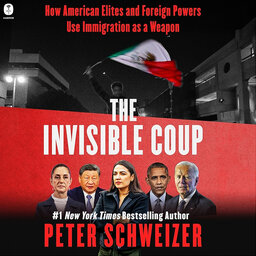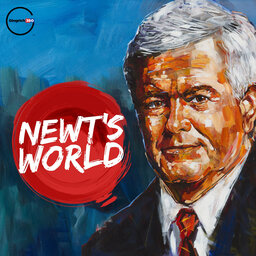Episode 757: Artificial Intelligence Impact on Health Care
Newt discusses the transformative impact of artificial intelligence (AI) on healthcare with Dr. Marschall S. Runge, M.D., Executive Vice President for Medical Affairs and Dean of the Medical School at the University of Michigan. Dr. Runge shares insights on how AI is revolutionizing drug discovery, medical diagnostics, and healthcare management. AI's ability to analyze vast datasets is accelerating the development of new treatments and improving early diagnosis of diseases like Alzheimer's and diabetes. Dr. Runge highlights the potential for AI to reduce healthcare costs by minimizing unnecessary testing and enhancing the efficiency of medical records management. The conversation also touches on the challenges of integrating AI into healthcare systems, including regulatory hurdles and the need for collaboration with insurance companies. Additionally, Dr. Runge discusses his novel "Coded to Kill," which explores the vulnerabilities of electronic health records to hacking.
In 1 playlist(s)
Newt's World
Join former House Speaker, professor, historian, and futurist Newt Gingrich as he shares his lifetim…Social links
Follow podcast
Recent clips

Episode 948: ‘Moneyball’ for Politics
30:34

Episode 947: Will AI Take My Job
28:22

Episode 946: Peter Schweizer on “The Invisible Coup”
34:50
 Newt's World
Newt's World